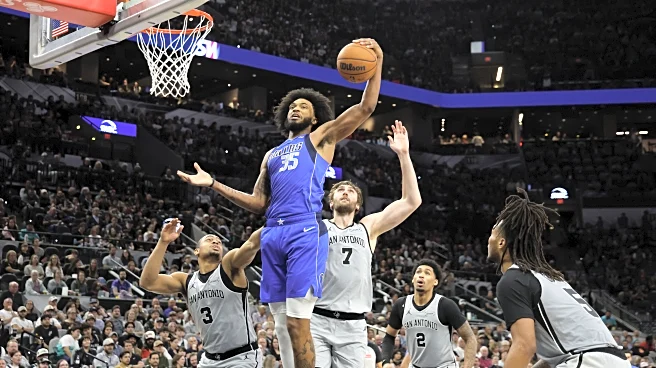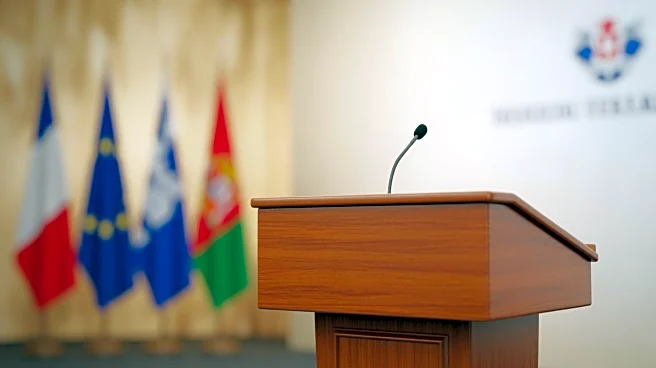What's Happening?
The relationship between the United States and Israel often experiences tension when American administrations believe they have a better understanding of Israel's security needs than the Israelis themselves.
This dynamic is highlighted by the visit of US Ambassador to Israel Mike Huckabee to the Western Wall, symbolizing the ongoing dialogue and cooperation between the two nations. The article suggests that American interests are best served when Israel operates from a position of strength, emphasizing the importance of mutual respect and understanding in diplomatic relations.
Why It's Important?
The US-Israel relationship is a cornerstone of American foreign policy in the Middle East. Understanding and respecting each other's security perspectives is crucial for maintaining a strong alliance. When the US supports Israel's security needs, it not only strengthens bilateral ties but also contributes to regional stability. This relationship has implications for broader US interests in the Middle East, including counterterrorism efforts and the promotion of democratic values. The alignment of interests can lead to more effective collaboration on security and diplomatic initiatives.
Beyond the Headlines
Beyond the immediate diplomatic and security implications, the US-Israel relationship also influences domestic politics in both countries. In the US, support for Israel is a significant factor in political discourse, affecting voter preferences and policy decisions. In Israel, American support is seen as a validation of its security policies and a critical component of its international standing. The cultural and historical ties between the two nations further complicate the relationship, adding layers of complexity to diplomatic negotiations and policy decisions.









